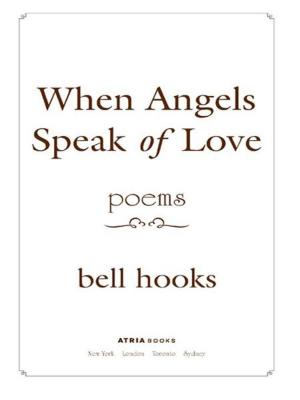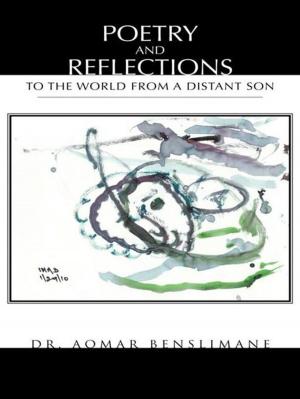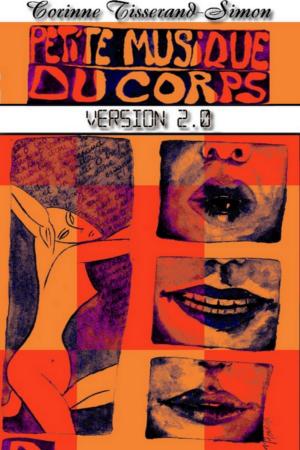| Author: | Bethany Pope | ISBN: | 9781910834404 |
| Publisher: | Indigo Dreams Publishing | Publication: | July 6, 2017 |
| Imprint: | Indigo Dreams Publishing | Language: | English |
| Author: | Bethany Pope |
| ISBN: | 9781910834404 |
| Publisher: | Indigo Dreams Publishing |
| Publication: | July 6, 2017 |
| Imprint: | Indigo Dreams Publishing |
| Language: | English |
Extract from Guardian Book of the Month review: You do not expect to come from a poetry collection shattered, but I emerged almost a wreck. You can imagine that a spell in an orphanage isn’t going to be a walk in the park, but here we have something that is straight out of Charles Dickens a threadbare, institutional poverty, of the spirit as well as of material goods. Such life as there is resides in violence, rape and theft. To our great relief as well as to hers, Pope learns to pick the locked door of the orphanage library, where she can steal books... Here the form is a careful metaphor for what it is like to be forced into following an arbitrary discipline: the restrictions on your movements, your hairstyle, your very sense of self. The form is the pudding bowl slammed on the child’s head prior to the penny-pinching institutional haircut. However, underneath the pudding bowl, a mind works, and every word has been chosen with care, and used with exact, forensic precision: there isn’t a duff note here, and the vocabulary, rich yet never cloying, exists almost as a kind of subterfuge, a coded testament to an inner life sustained by attentiveness to and delight in language. Where else, in a record of a life that is both contemporary and brutalised, would you find the word “lave”, meaning “wash”, used without affectation or irony? This is literature as salvation, or as a secret garden, a place of private escape. The final words of the book, “I cut the cake which bore my name”, are a kind of savage relief, and also an indication that from this point in her life, poetry can begin.
Extract from Guardian Book of the Month review: You do not expect to come from a poetry collection shattered, but I emerged almost a wreck. You can imagine that a spell in an orphanage isn’t going to be a walk in the park, but here we have something that is straight out of Charles Dickens a threadbare, institutional poverty, of the spirit as well as of material goods. Such life as there is resides in violence, rape and theft. To our great relief as well as to hers, Pope learns to pick the locked door of the orphanage library, where she can steal books... Here the form is a careful metaphor for what it is like to be forced into following an arbitrary discipline: the restrictions on your movements, your hairstyle, your very sense of self. The form is the pudding bowl slammed on the child’s head prior to the penny-pinching institutional haircut. However, underneath the pudding bowl, a mind works, and every word has been chosen with care, and used with exact, forensic precision: there isn’t a duff note here, and the vocabulary, rich yet never cloying, exists almost as a kind of subterfuge, a coded testament to an inner life sustained by attentiveness to and delight in language. Where else, in a record of a life that is both contemporary and brutalised, would you find the word “lave”, meaning “wash”, used without affectation or irony? This is literature as salvation, or as a secret garden, a place of private escape. The final words of the book, “I cut the cake which bore my name”, are a kind of savage relief, and also an indication that from this point in her life, poetry can begin.















